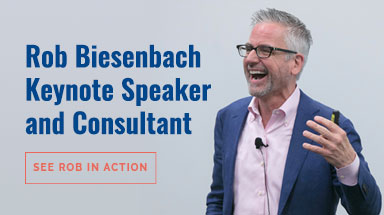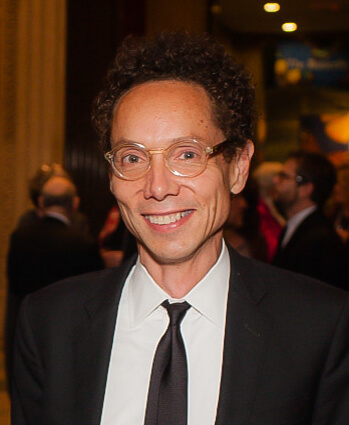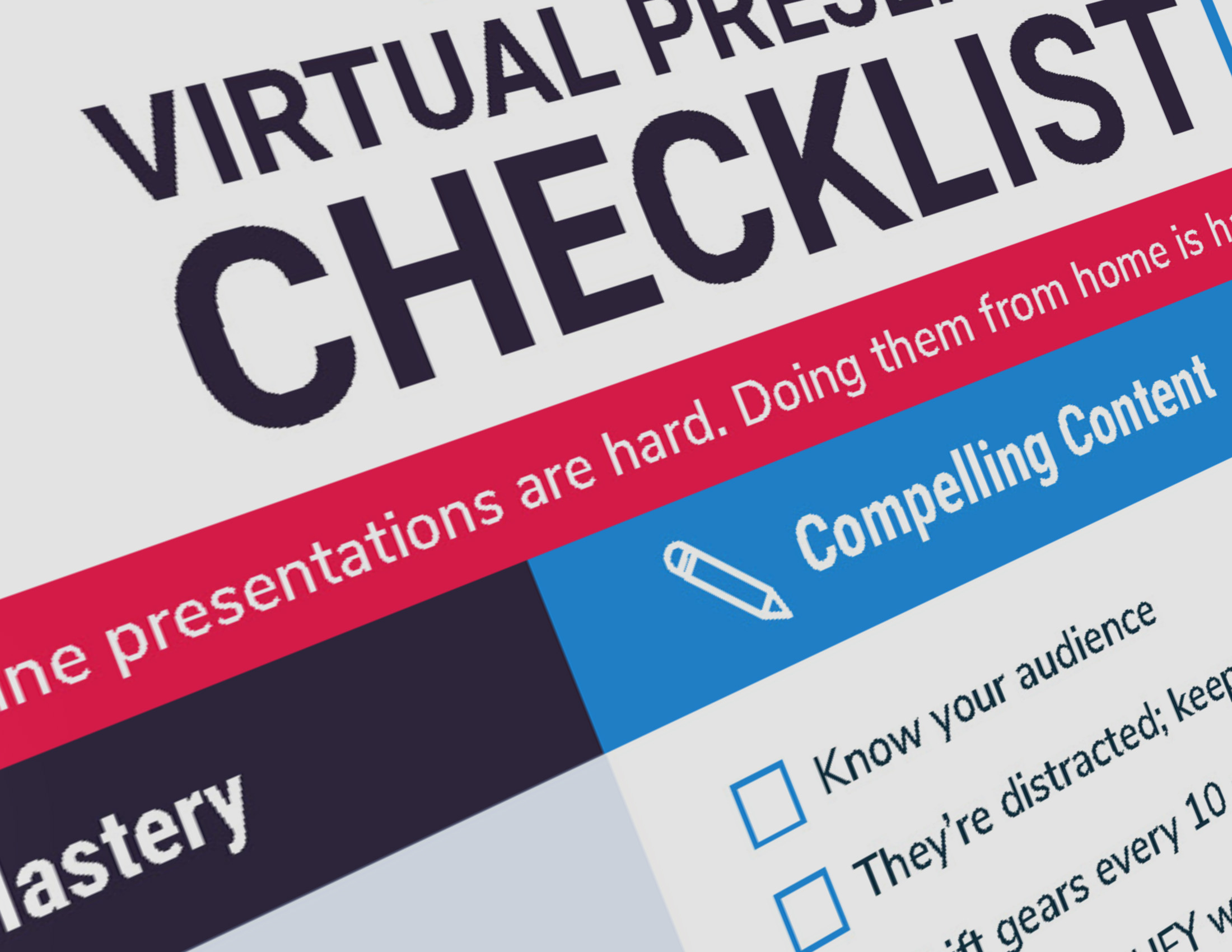
And storytelling is one of the most powerful ways to engage your audience and get them to act, whether it’s clicking through to your landing page, making a purchasing decision or hiring you for a job.
A Small Tale
When I was three years old, my family was living in a high-rise apartment in France, where my father was stationed during his military service.
One morning I toddled out to the balcony and proceeded to get my head stuck between the railings.
So my father, who was a paratrooper with the 101st Airborne, went up to the roof of the building, parachuted down, and on his way to the ground managed to shove my head back through the rails.
As you may have guessed, part of this story is not true. And that says something important about the weird way our brains work.
Your Brain is a Storytelling Machine
Obviously, at some point I manufactured the part where I got my head unstuck. But I “remember” it just as clearly as I recall the other elements of the story.
Our brains are hardwired for stories. They are constantly working to bring order to the chaos that is life. To assemble the random bits of our experience into a structure we can comprehend.
Memories don’t so much fade as they get scrambled, augmented and reconstituted:
The brain does not simply gather and stockpile information as a computer’s hard drive does. Facts are stored first in the hippocampus … But the information does not rest there. Every time we recall it, our brain writes it down again, and during this re-storage, it is also reprocessed.
My Dad was my hero, he jumped out of planes regularly, so it’s natural I would “overwrite” this memory to exaggerate his role in the action. It made sense when I was a kid and it made a better story than however I got my head unstuck (which likely was a lot less dramatic).
To Make Your Ideas Stick, Tell a Story
As for the true part of this event, I don’t know if I remember experiencing it or if I’ve just heard the story so many times around the family dinner table that I think I remember it.
Studies have shown that when a person hears a story, it triggers the same area of the brain that’s stimulated when a person experiences an event. So as far as the brain is concerned, there’s little distinction between story and experience, which is part of what makes stories so powerful.
The lesson? If you want your ideas to stick, use stories to communicate them. Stories become embedded in our brains like nothing else.
For Your Stories to Resonate, Know Your Audience
Of course, a story that’s meaningful to you may not be meaningful to your audience. If you don’t take the time to really understand them, your story is like the proverbial tree falling in the woods.
Since people are already reshuffling what you say in their minds, it pays to tell stories that will connect with their values and beliefs:
Adding to [the] innate tendency to mold information we recall is the way our brains fit facts into established mental frameworks. We tend to remember news that accords with our worldview, and discount statements that contradict it.
So if you want your stories to resonate and stick in the way you intended, get to know your audience. Ask yourself:
• Who are they?
• What do they know about you, your company, your brand?
• What are their beliefs and perceptions?
• What are their misperceptions and doubts?
• What are their fears?
• What are the cultural touchstones that connect you?
Understanding your audience helps ensure that the stories you tell are relevant and credible. So if you tell your customers a story about your company’s commitment to innovation, but you’re not viewed as an industry leader in that area, you’re going to have trouble getting your message to land.
On the other hand, a CEO might overcome employee skepticism about a particular initiative by telling a story that appeals to their pride in the company’s products or heritage.
A great story will occupy the intersection between your goals and your audience’s interests and needs.
What is a Story?
Finally, one of my biggest aggravations is that we are bombarded with information about the importance of storytelling, but very rarely do any of these expert sources stop to explain what a story is and how to structure it.
Story structure is absolutely critical. Since our brains innately respond to stories, you must get the structure right—otherwise you risk losing your audience and diminishing the power of your message.
In its simplest terms, a story is a character in pursuit of a goal in the face of some challenge or obstacle. How that character resolves that challenge is where the drama and human interest lie.
In Romeo and Juliet, our characters are two naïve young lovers. Their goal is to be together, and the challenge they face is the blood feud that divides their families. Whether and how they resolve that challenge depends on each audience member’s individual beliefs. They do end up together in death, if not in the afterlife.
Look for this structure at work in your favorite movies and TV shows. The more you’re familiar with it, the better you’ll be able to apply it:
• Is there an issue or challenge you want to illustrate? Look for characters among your employees, customers or other audiences dealing with that problem.
• Is there a goal you’re pursuing? What challenges get in the way and who is dealing successfully with those challenges?
• Maybe there’s a particular hero in your organization or audience you want to highlight. What is her story, and how can you relate that back to your goals?
For More on Storytelling
There is far more to learn about storytelling and the brain than can fit in a single blog post. So in addition to the links here, you might want to check out the works of Robert McKee, who wrote the bible on storytelling for the big screen, Nancy Duarte, whose TED talks are riveting, and Malcolm Gladwell, who is a master storyteller.
I would also encourage anyone in business to take a class in creative writing, screenwriting, acting or improvisational comedy. I’ve done all of the above and it’s helped me immensely.
What tips do you have or what experiences can you share about the power of storytelling?
[This post originally ran on The Orbiter, the Orbit Media blog.]
Photo Credit: alles-schlumpf via Compfight cc




